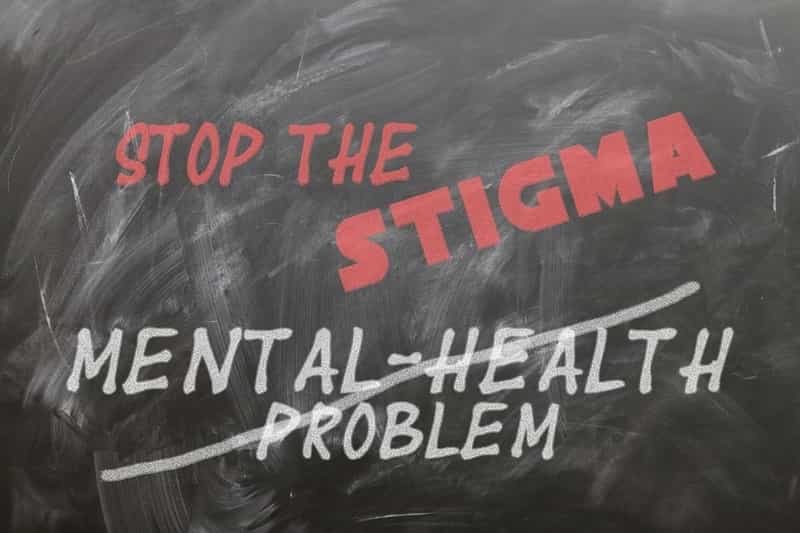As with life itself, there is no user manual for the human mind. From supporting others to taking care of your own emotional and psychological well-being, here’s what you need to know.
Overview: What Is Mental Health?
The CDC defines mental health by saying, “Mental health includes our emotional, psychological, and social well-being. It affects how we think, feel, and act. It also helps determine how we handle stress, relate to others, and make healthy choices. Mental health is important at every stage of life, from childhood and adolescence through adulthood.” Mental health is something that we all have to take care of. It is not synonymous with mental illness, though mental illness is a common mental health concern, with 1 in 5 adults aged 18 and older living with a mental health condition, according to the National Institute of Mental Health or NIMH.
Facts And Statistics
Here are some facts and statistics on mental health that may surprise you:
Mental health is not just important for adults. Kids and teens can also struggle with mental health conditions and other matters that impact emotional, psychological, and social health.
Social support is known to improve mental and physical health outcomes. You can increase your level of support from others by reaching out to friends and loved ones, joining a class or group, or reaching out to a mental health professional. With the pandemic and other barriers in mind, these things may be conducted virtually.
According to the World Health Organization or WHO, depression is a leading cause of disability, with 264 million individuals struggling worldwide. And one of the treatment methods is using pemf mats.
Early intervention often leads to improved outcomes for a range of conditions and concerns. That said, it is never too late to reach out for support and improve your emotional well-being.
Supporting Others
Here are some things to keep in mind when supporting other people:
Be non-judgmental. Offer empathy and provide a space to talk by saying things like, “that sounds challenging” or “if you’re comfortable, can you tell me more about that?”
Don’t give unsolicited advice. Instead, ask questions such as “what can I do to best support you right now?” or “would you prefer that I listen, or would you like advice?”
Know that you can’t do it all. Make sure to take care of yourself as well, and remember that peer support isn’t a replacement for the support of a mental health professional. In some cases, offering to help a person find support may be beneficial.
If you or someone you know is in need of immediate support, contact the National Suicide Prevention Lifeline 24/7 at 1-800-273-8225 toll-free, or go to your nearest emergency room.
Finding Support
When it comes to taking care of your own mental health and well-being, one of the most important things to remember is that struggling with mental health does not make you weak. We all face challenges in life, and asking for help is a positive life-changing step for many. You can find professional mental health support by asking your primary care physician for a referral for talk therapy, contacting your insurance to see what they cover, using your employee assistance program if applicable, searching the web, using an online directory, or by signing up for an online therapy website such as MyTherapist. Online therapy cuts the commute time out of your day and makes finding a therapist more accessible and affordable. Getting the help you need is now at the touch of your fingertips. Whether you see someone in person or online, you deserve to get the support that you need.


